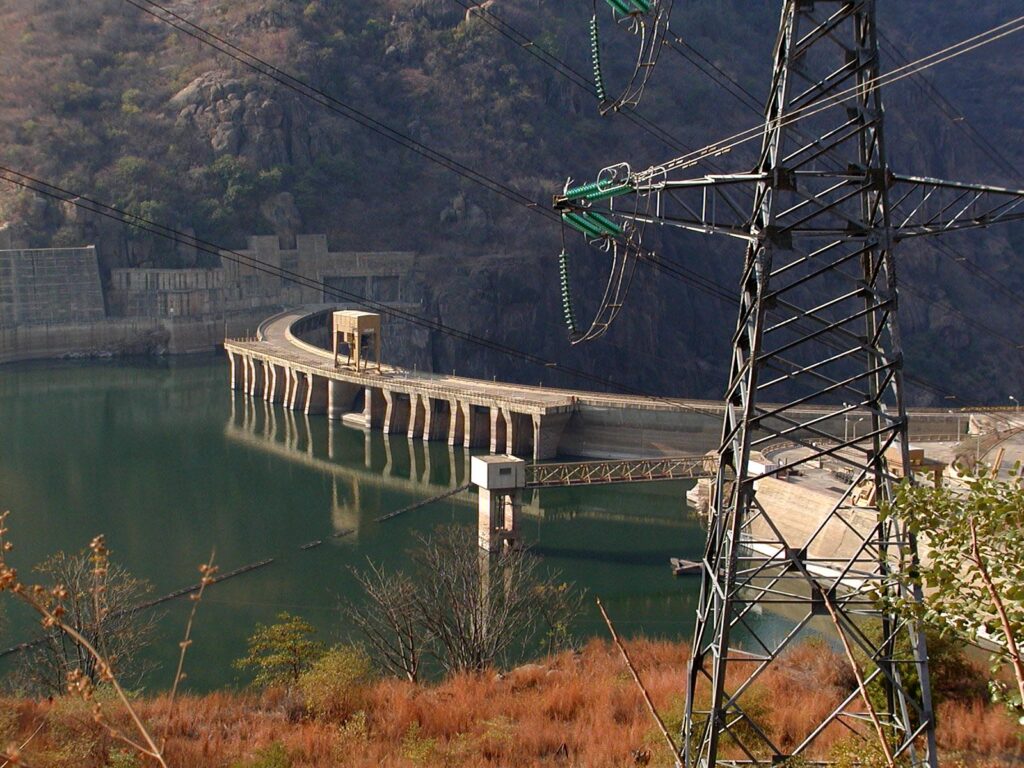COVID-19 | Questions and answers concerning the execution of contracts by the Commercial Law team of Abreu Advogados
Since COVID-19 was detected countless measures have been taken by Governments to prevent the virus from spreading. The contingency plans and measures implemented include quarantining of anyone who was in close contact with an infected person or was in a contaminated area, which results in a significant reduction of available workforce. Although necessary, the measures adopted naturally impact contractual relations, as they lead to the shutdown of plants, industry and the closure of dozens of shops and services with an increasing effect. While in the beginning the outbreak had an impact only on trade relations with Chinese companies, today the crisis affects the stability of the global economy and the timely performance of contracts. In view of the above, legal issues arise related to (non)performance of contracts in a crisis period caused by pandemics and/or epidemics, such as COVID-19.
- In the context of contracts, what is meant by force majeure?
An event of force majeure in broad terms is defined as an unexpected, uncontrollable event which, unpredictably, prevents the normal performance of contractual obligations. Case law of the Supreme Court of Justice has sustained that force majeure “has underlying it the idea of inevitability: any natural event or human action which, although foreseeable or even pre-empted, could not be avoided, either the event itself nor its consequences.” Therefore, it is an open concept that must be defined vis-à-vis the concrete circumstances. However, clauses outlining the concept of “force majeure” – or the related figure of “unforeseeable circumstances” – are frequent in contracts, in order to describe the situations in which the defaulting party is relieved of the obligation or fulfilment on the date or in the aforementioned conditions. For example, acts of war, fire, lightning, earthquakes, cyclones, volcanic eruption, explosions, but also epidemics, among other situations, are often considered force majeure events.
- Does COVID-19 qualify as a case of “force majeure”?
In theory it does. However, to say whether an event qualifies as a force majeure one must use vague concepts which can only be materialised in the light of the concrete circumstances, i.e. in relation to the contract in question and in the light of evidence that failure to comply is a consequence of force majeure, thus having a causal link between the event and the failure to perform. Therefore, in abstract terms, as an epidemic/pandemic, the coronavirus can be regarded as force majeure.
- When one party evokes force majeure to justify non-performance, what can the other party do?
The counterparty, which sees the defaulting party claim force majeure unduly, may follow the appropriate procedures to demand performance of the contract. If, however, the law or the contract provides that non-performance or delay in performance of a particular contract is the result of force majeure, the aggrieved party shall as a rule bear the burden of such loss. However, this does not mean that the contract is automatically terminated. The party may accept that the performance of the obligation has simply been delayed, and has the right to change the value or the terms of the contract. In any event, even in these situations, either according to the provisions of the contract or because it derives from the principles of law, the injured party may require that the other party act in such a way as to mitigate the damage, which may imply the practice of several alternative procedures. In such cases, it is necessary to analyse the specific situation in the light of the contract signed and the applicable law, in view of possible solutions.
- What if the epidemic is not the reason for non-compliance, but does affect the base or the balance of the contract?
An abnormal change of the circumstances on which the parties based their decision to enter into an agreement may be legally at issue, provided that the requirement of the obligations assumed by them seriously affects the principles of good faith and is not covered by the risks underlying the contract. Let us say that someone had to cancel a conference they were organising due to an epidemic that broke out in the area where the conference would be held. Meanwhile, they had already hired the catering service for the day of the conference. In theory there may be nothing preventing the fulfilment of the contract obligations: to serve food and drinks and to be paid for the service. However, in this case the underlying reason for the contract no longer exists: there is no conference, nor delegates for the catering. In this situation, where other legal assumptions have been met, changed circumstances is applicable for the termination of the contract or adjustment in its value.
- Does failure to implement a contract by reason of force majeure entitle the injured party to compensation?
In principle, the protection afforded by force majeure relieves the breaching party of its obligations – by reason of such force majeure – to pay compensation to the other party, though in certain cases there might be a right to renegotiate the agreement, in the terms above referred for the abnormal change of the circumstances. However, this is only the case if the non-compliance is due to force majeure only and all necessary and appropriate measures have been taken to mitigate the effects of non-compliance. However, the difficulty lies in establishing the causal link of non-compliance with the event or event of force majeure. This is where the intricacies of factual, contractual and legal details come into play and may change completely the answer for each specific case, which is also evidenced by existing case law on the use of these legal forms. Therefore, facts, contracts and the applicable law must be analysed on a case-by-case basis.
- How is force majeure addressed in international contracts which are not governed by Portuguese law, but one of the parties is Portuguese?
Force majeure constitutes one of the general principles of law and it is treated in most jurisdictions. However, the problem is that, as a general rule, vague concepts are used to define what constitutes force majeure. For this reason, the definition in the contract itself of force majeure event for the purposes of exclusion or limitation of liability is more secure.
- What can be done to alleviate the risk of non-performance of the contract or of becoming unbalanced in its fulfilment?
In order to minimize the risks of non-performance of the contracts and the resulting losses, the following measures should be taken into consideration:
- Analyse the contracts in the light of the law of the country to which they are subject in order to verify the possible enforceability of force majeure, as well as the ancillary obligations provided for to mitigate the effects of a default for that reason; Analyse also the possibility of applying the form of changed circumstances when the epidemic is not a direct cause of default, but seriously affects the balance of the contract and the payments that each party undertook to make.
- Where appropriate, propose the amendment of existing contracts to include force majeure clauses, with express reference to diseases, epidemics, pandemics, in particular in long-term contracts for the provision of durable services, particularly the supply of raw materials, manufacture, distribution and all those that may be harmed as a direct consequence of any of the parties or their employees or suppliers who may be affected by the epidemic.
- Do not invoke force majeure without being certain of the due legal and contractual framework and the risks and costs of unfounded invocation should the counterparty not accept such invocation.
- Give priority to business situations to avoid such risks, and to evaluate what measures are necessary to mitigate the consequences of regular performance of the contract, which may involve warning the counterparty, in due time, of the possibility of the contract not being performed, even before the event of force majeure occurs, and the solutions intended if it does occur.
- Where contracts have been signed in a context of absence of an epidemic, mechanisms of adjustment or changed conditions should be verified or provided in the event of an epidemic that may impact compliance with the contract, or in the balance of its obligations.
- Analyse insurance contracts in force and check if they provide for such events to assay the coverage of the risk of default of other contracts.
- Perform audits in the areas of health policy issues and occupational health and safety, related to the control of viruses and diseases and ensure good safety and hygiene policies at work.
Analyse insurance contracts in force and check if they provide for such events to assay the coverage of the risk of default of other contracts
For more information, get to know our Corporate and M&A team.











































